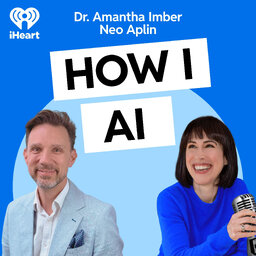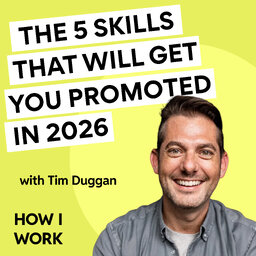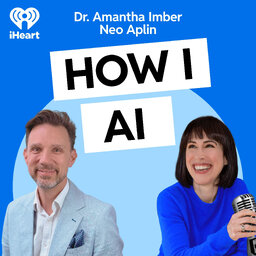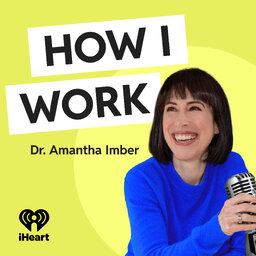Clarity, alignment and momentum with Nigel Marsh
What does success really mean? And more importantly, what does it mean to you?
These are big questions, questions that author and executive coach Nigel Marsh says we can’t ignore. In fact, he believes that we can’t reliably achieve anything meaningful if we don’t first answer these questions.
Nigel’s mantra is “clarity, alignment, momentum”, and he seeks each in that order. Without clarity and alignment, he says, momentum isn’t just useless - it can actually be destructive. After all, being ever more efficient, if you haven't worked out what you want to be and how you want to live, might just lead you to do even more of the wrong thing, even more efficiently.
Nigel shares how he and his coaching clients seek clarity, as well as the lessons he’s learned since writing his first book more than two decades ago.
Connect with Nigel at his website and pick up a copy of Smart, Stupid and Sixty
***
My new book Time Wise is out now. You can grab a copy here.
Connect with me on the socials:
If you’re looking for more tips to improve the way you work, I write a fortnightly newsletter that contains three cool things I have discovered that help me work better, which range from interesting research findings through to gadgets I am loving. You can sign up for that at http://howiwork.co
Visit https://www.amantha.com/podcast for full show notes from all episodes.
Get in touch at amantha@inventium.com.au
CREDITS
Produced by Inventium
Host: Amantha Imber
Production Support from Deadset Studios
Episode Producer: Liam Riordan
Sound Engineer: Martin Imber
In 1 playlist(s)
How I Work
You know those annoyingly successful people who seem to have it all figured out? Time to steal their…Social links
Follow podcast
Recent clips

The AI critique system we use to improve our work
10:30

The 5 skills that will get you promoted this year, with Tim Duggan
36:49

How to use AI to find a new job
14:11
 How I Work
How I Work